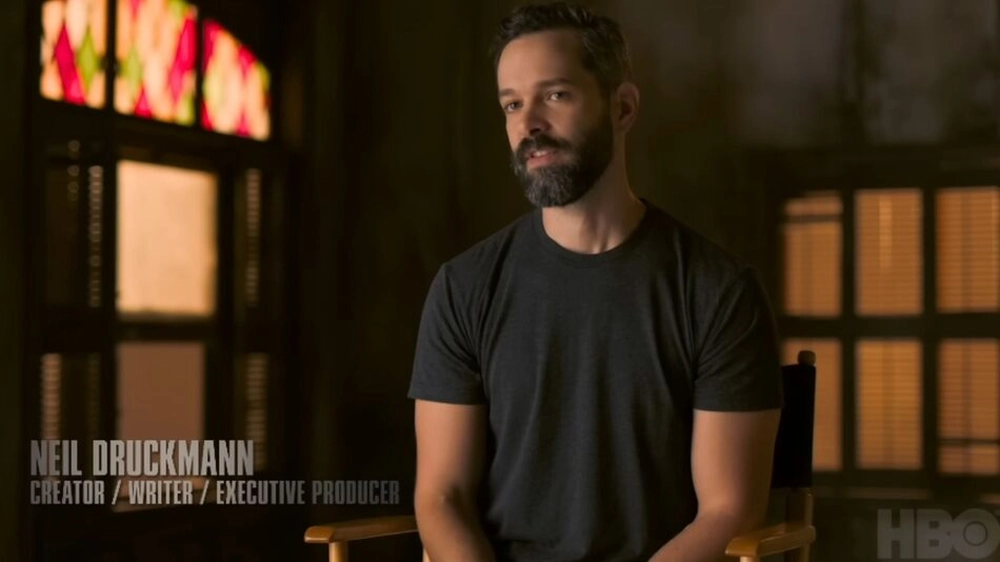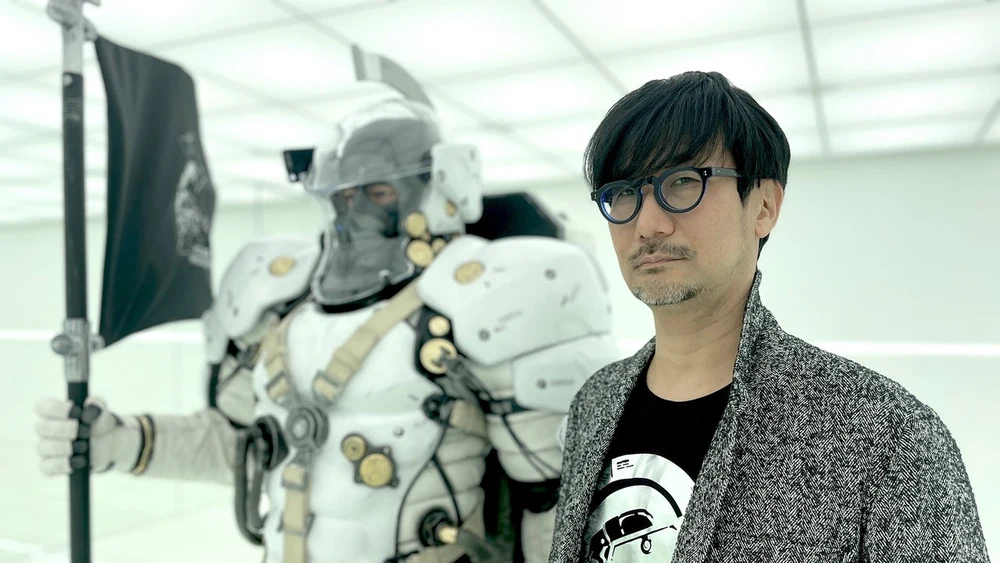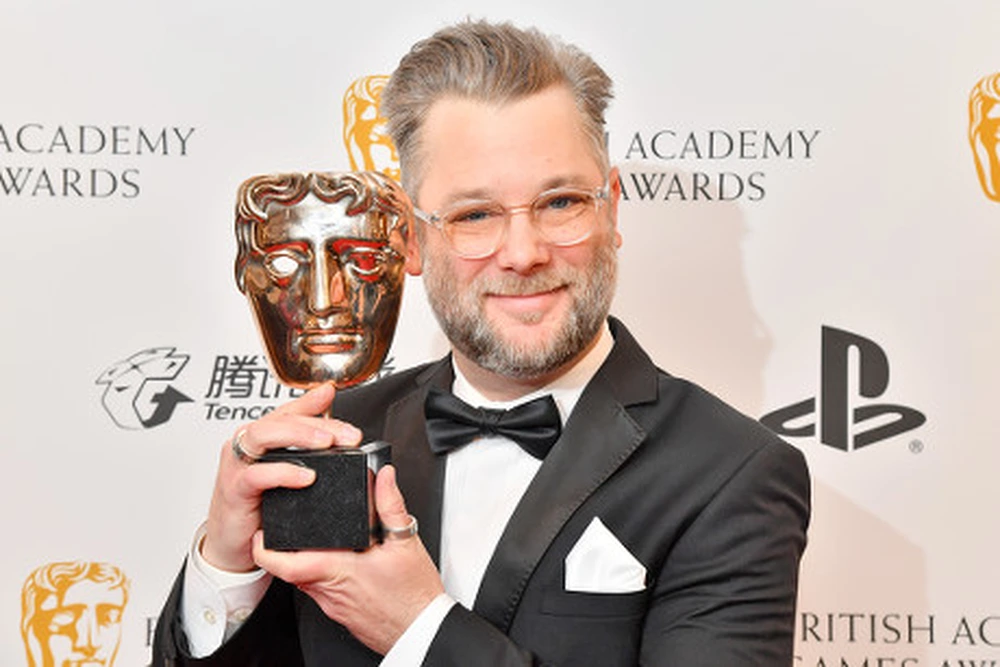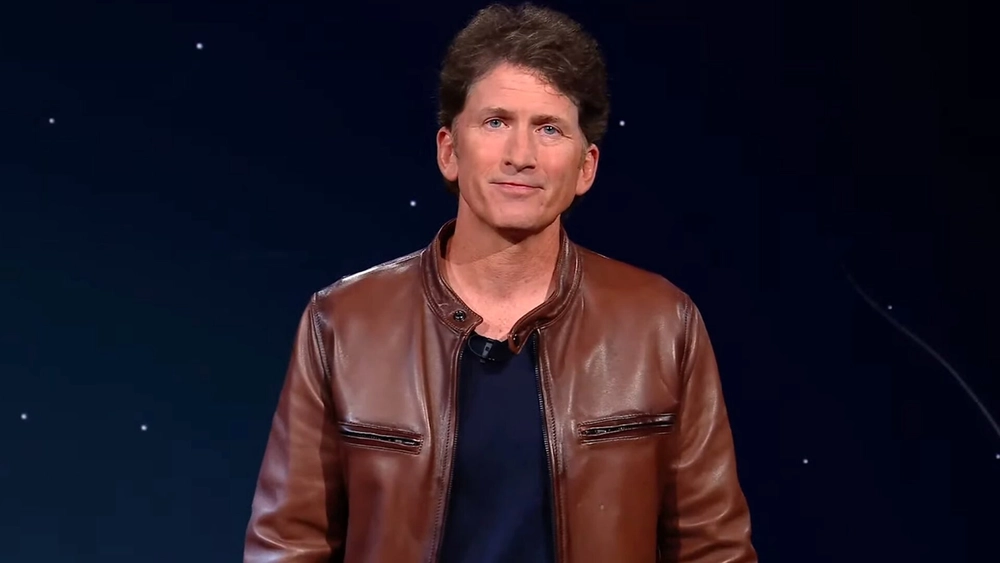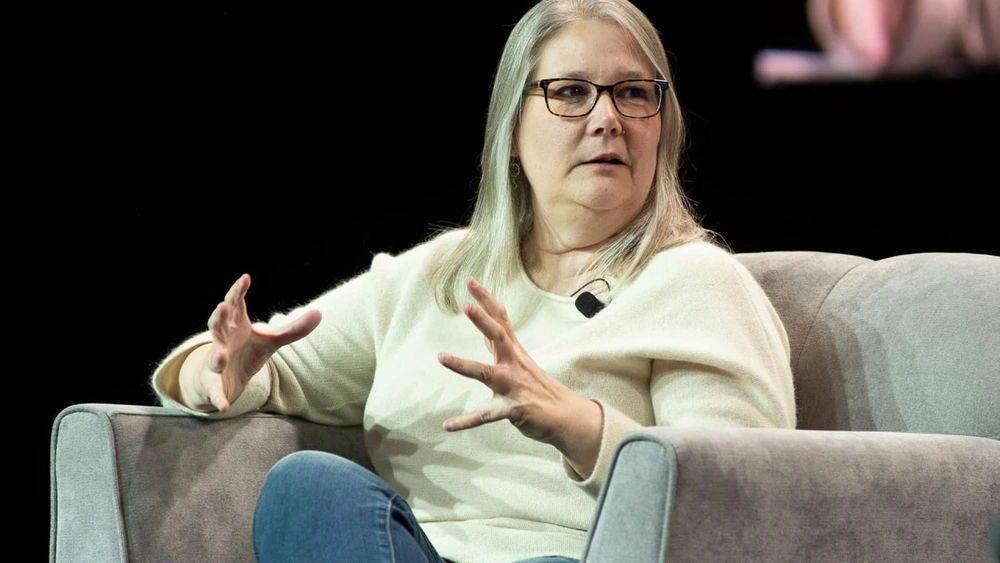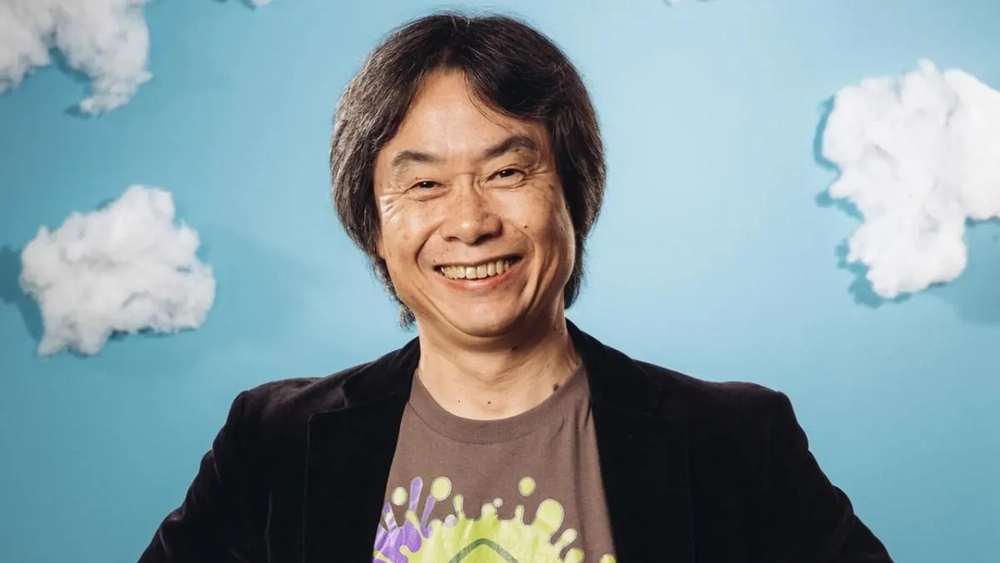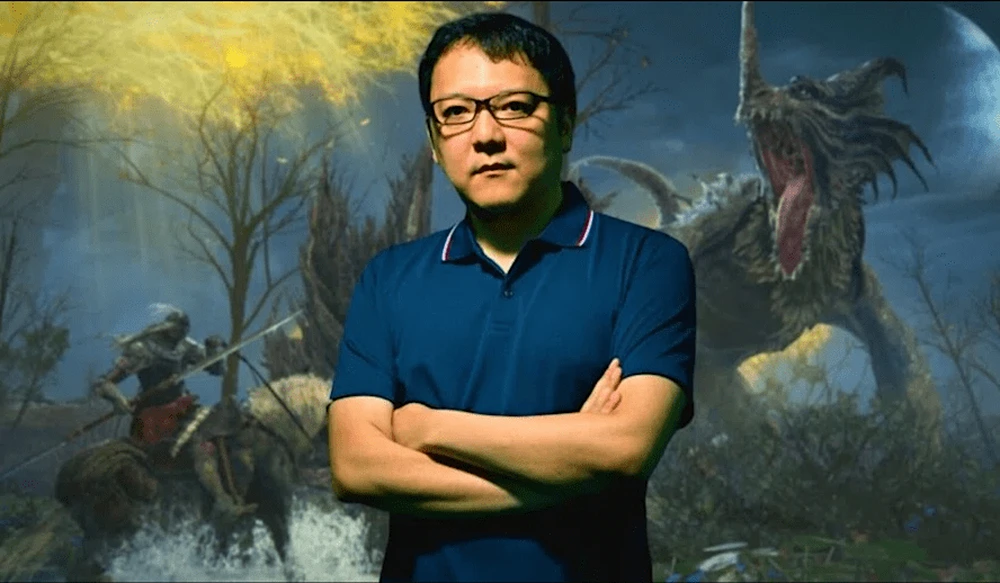Video games are a form of interactive entertainment that combine art, technology, storytelling and gameplay to create immersive and engaging experiences for players. Behind every successful video game, there is a game director who oversees the vision, design and development of the game. A game director is responsible for leading a team of artists, programmers, writers, designers and other professionals to bring their creative ideas to life. A game director also communicates with publishers, investors, marketers and other stakeholders to ensure the game meets their expectations and reaches its target audience.
Game directors are often compared to film directors, as they both have a similar role in shaping the artistic and creative aspects of their respective mediums. However, game directors face unique challenges and opportunities that film directors do not. For instance, game directors have to consider how players will interact with their games, how to balance gameplay and narrative, how to adapt to changing technologies and platforms, and how to deal with feedback and criticism from players and critics.
In this article, we will explore some of the best game directors in the industry, who have created some of the most acclaimed and influential games of all time. We will look at their backgrounds, achievements, styles and philosophies as game directors, and how they have contributed to the evolution and innovation of video games as a medium.
Neil Druckmann
Neil Druckmann is the vice president of Naughty Dog, one of the most renowned and respected game studios in the world. He is best known for his work as the writer and director of The Last of Us (2013) and The Last of Us Part II (2020), two critically acclaimed games that have been praised for their emotional storytelling, realistic characters, immersive gameplay and stunning visuals. Druckmann is also the co-writer and co-director of Uncharted 4: A Thief’s End (2016), the final chapter of the popular action-adventure series starring Nathan Drake.
Druckmann started his career at Naughty Dog in 2004 as a programmer and designer on Jak 3 and Jak X: Combat Racing. He then became a co-writer on Uncharted: Drake’s Fortune (2007) and Uncharted 2: Among Thieves (2009), working alongside Amy Hennig, another influential game director who will be discussed later in this article. Druckmann’s breakthrough came with The Last of Us, a post-apocalyptic survival horror game that follows Joel, a smuggler who escorts Ellie, a teenage girl who may hold the key to curing a fungal infection that has decimated humanity. The game was a huge commercial and critical success, winning over 200 Game of the Year awards and selling over 20 million copies worldwide.
Druckmann’s style as a game director is characterized by his focus on character-driven stories that explore themes such as love, loss, violence, morality and identity. He is also known for his collaboration with actors, especially Ashley Johnson (Ellie) and Troy Baker (Joel), who he considers as co-writers of their characters. Druckmann has stated that he draws inspiration from various sources, such as films by Quentin Tarantino and Hayao Miyazaki, comics by Brian K. Vaughan and Robert Kirkman, novels by Cormac McCarthy and Stephen King, and games by Hideo Kojima and Fumito Ueda.
Druckmann has received numerous awards and recognition for his work as a game director, including two BAFTA Games Awards for Best Story in 2014 and 2021, two Writers Guild of America Awards for Outstanding Achievement in Videogame Writing in 2014 and 2021, two D.I.C.E. Awards for Outstanding Achievement in Game Direction in 2014 and 2017, and the Academy of Interactive Arts & Sciences’ Hall of Fame Award in 2018.
Hideo Kojima
Hideo Kojima is the founder of Kojima Productions, an independent game studio that he established in 2015 after leaving Konami, where he worked for almost three decades. He is best known for his work as the creator and director of the Metal Gear series, one of the most influential and iconic franchises in video game history. The Metal Gear series is a stealth-action espionage saga that follows Solid Snake, a legendary soldier who fights against various threats involving nuclear weapons, biotechnology and artificial intelligence. The series is renowned for its complex and cinematic storytelling, fourth-wall breaking gameplay mechanics, social commentary and metafictional elements.
Kojima started his career at Konami in 1986 as a planner and designer on Penguin Adventure and Lost Warld. He then created Metal Gear (1987), which was one of the first games to introduce stealth gameplay as an alternative to combat. The game was followed by several sequels and spin-offs, such as Metal Gear 2: Solid Snake (1990), Metal Gear Solid (1998), Metal Gear Solid 2: Sons of Liberty (2001), Metal Gear Solid 3: Snake Eater (2004), Metal Gear Solid 4: Guns of the Patriots (2008), Metal Gear Solid: Peace Walker (2010), Metal Gear Solid V: Ground Zeroes (2014) and Metal Gear Solid V: The Phantom Pain (2015). The series has sold over 56 million copies worldwide and has received universal acclaim from critics and fans.
Kojima’s style as a game director is characterized by his ambition, innovation and experimentation. He is known for his visionary and unconventional approach to game design, often incorporating elements from various genres, media and cultures. He is also known for his extensive use of cinematic techniques, such as cutscenes, voice acting, motion capture and soundtrack, to create immersive and emotional experiences for players. Kojima has stated that he draws inspiration from various sources, such as films by Stanley Kubrick and Akira Kurosawa, novels by George Orwell and Isaac Asimov, comics by Alan Moore and Frank Miller, and games by Shigeru Miyamoto and Yu Suzuki.
Kojima has received numerous awards and recognition for his work as a game director, including the MTV Game Awards’ Lifetime Achievement Award in 2008, the BAFTA Fellowship Award in 2016, the Game Awards’ Industry Icon Award in 2016, the D.I.C.E. Awards’ Hall of Fame Award in 2016, and the GDC Awards’ Lifetime Achievement Award in 2020.
Cory Barlog
Cory Barlog is the creative director of Sony Santa Monica Studio, one of the most acclaimed and successful game studios in the industry. He is best known for his work as the director of God of War (2018), a critically acclaimed game that reimagined the popular action-adventure series starring Kratos, a former Spartan warrior who becomes the God of War after killing Ares. The game follows Kratos and his son Atreus as they embark on a journey across the Norse realms to fulfill the dying wish of Kratos’ wife and Atreus’ mother. The game was a huge commercial and critical success, winning over 190 Game of the Year awards and selling over 12 million copies worldwide.
Barlog started his career at Sony Santa Monica Studio in 2003 as a lead animator on God of War (2005), which was directed by David Jaffe, another influential game director who will be discussed later in this article. He then became the director of God of War II (2007), which was widely regarded as one of the best games on the PlayStation 2. He then left Sony Santa Monica Studio to work on other projects, such as Tomb Raider (2013) and Mad Max (2015), before returning in 2013 to direct God of War (2018).
Barlog’s style as a game director is characterized by his passion, vision and leadership. He is known for his ability to create epic and cinematic games that combine visceral combat, breathtaking visuals, rich mythology and emotional storytelling. He is also known for his collaboration with his team, actors, composers and other partners to deliver high-quality games that exceed expectations. Barlog has stated that he draws inspiration from various sources, such as films by Steven Spielberg and James Cameron, novels by J.R.R. Tolkien and Neil Gaiman, comics by Jack Kirby and Brian Michael Bendis, and games by Naughty Dog and Rockstar Games.
Barlog has received numerous awards and recognition for his work as a game director, including two BAFTA Games Awards for Best Game in 2007 and 2019, two D.I.C.E. Awards for Outstanding Achievement in Game Direction in 2008 and 2019, two GDC Awards for Best Game in 2008 and 2019, and two Game Awards for Best Game Direction in 2018 and 2020.
Todd Howard
Todd Howard is the director and executive producer of Bethesda Game Studios, a subsidiary of Bethesda Softworks and one of the most successful game studios in the industry. He is best known for his work as the director and producer of The Elder Scrolls series, a critically acclaimed open-world role-playing series that includes The Elder Scrolls III: Morrowind (2002), The Elder Scrolls IV: Oblivion (2006), The Elder Scrolls V: Skyrim (2011) and the upcoming The Elder Scrolls VI. He is also the director and producer of Fallout 3 (2008), Fallout 4 (2015) and Fallout 76 (2018), which are post-apocalyptic role-playing games based on the Fallout franchise.
Howard started his career at Bethesda Softworks in 1994 as a producer and designer on The Terminator: Future Shock, a first-person shooter game. He then became the project leader and designer of The Elder Scrolls Adventures: Redguard (1998), a spin-off of The Elder Scrolls series. He then directed and produced The Elder Scrolls III: Morrowind, which was a breakthrough game for Bethesda and the series, winning several Game of the Year awards and selling over four million copies worldwide. He then directed and produced The Elder Scrolls IV: Oblivion, which was another huge commercial and critical success, selling over nine million copies worldwide and winning many Game of the Year awards. He then directed and produced Fallout 3, which was Bethesda’s first game based on the Fallout franchise acquired from Interplay Entertainment. The game was also a massive hit, selling over 12 million copies worldwide and winning many Game of the Year awards.
Howard’s next game was The Elder Scrolls V: Skyrim, which was one of the most popular and influential games of all time. Skyrim was an open-world fantasy game that allowed players to explore a vast and dynamic world, create their own character, choose their own playstyle, and experience an epic story. The game was a phenomenal success, selling over 30 million copies worldwide and winning over 200 Game of the Year awards. Skyrim also became a cultural phenomenon, spawning countless memes, mods, fan works, parodies and references in other media. Howard then directed and produced Fallout 4, which was another blockbuster game that sold over 20 million copies worldwide and won many Game of the Year awards. Howard also directed and produced Fallout 76, which was Bethesda’s first online multiplayer game set in the Fallout universe. The game received mixed reviews from critics and players, but has improved over time with updates and expansions.
Howard’s latest game is Starfield (2022), a sci-fi role-playing game that is Bethesda’s first new IP in 25 years. Starfield is set in a vast and realistic galaxy that players can explore with their own custom spaceship. The game promises to deliver a unique and immersive experience that combines Bethesda’s signature gameplay with new features and technologies. Howard has also confirmed that he is working on The Elder Scrolls VI, which is expected to be his last game in the series.
Howard’s style as a game director is characterized by his vision, passion and ambition. He is known for his ability to create massive and immersive games that offer players a high level of freedom, choice and replayability. He is also known for his attention to detail, polish and quality, as well as his experimentation with new genres, platforms and technologies. Howard has stated that he draws inspiration from various sources, such as films by Steven Spielberg and George Lucas, novels by J.R.R. Tolkien and Robert E. Howard, comics by Frank Miller and Alan Moore, and games by Ultima and Wizardry.
Howard has received numerous awards and recognition for his work as a game director, including the Academy of Interactive Arts & Sciences’ Hall of Fame Award in 2017, the Game Developers Choice Awards’ Lifetime Achievement Award in 2018, the GDC Awards’ Best Game in 2012 and 2016, and the Game Awards’ Best Game Direction in 2011.
Amy Hennig
Amy Hennig is one of the most respected and influential female game directors in the industry. She is best known for her work as the writer and director of the Uncharted series, a critically acclaimed action-adventure series that follows Nathan Drake, a charismatic treasure hunter who travels around the world in search of ancient mysteries and secrets. The series is praised for its cinematic storytelling, humorous dialogue, dynamic gameplay and stunning visuals.
Hennig started her career at Electronic Arts in 1989 as an artist and animator on Bard’s Tale III: Thief of Fate and Desert Strike: Return to the Gulf. She then became a designer and writer on Michael Jordan: Chaos in the Windy City and The Lost World: Jurassic Park. She then joined Crystal Dynamics in 1995 as a director and writer on Legacy of Kain: Soul Reaver and its sequel Soul Reaver 2. She then joined Naughty Dog in 2004 as a writer and director
on Uncharted: Drake’s Fortune (2007), Uncharted 2: Among Thieves (2009) and Uncharted 3: Drake’s Deception (2011). She then left Naughty Dog in 2014 to work on a Star Wars game at Visceral Games, which was cancelled in 2017. She then joined Skydance Media in 2019 to work on a new game project.
Hennig’s style as a game director is characterized by her focus on narrative-driven games that blend action, adventure, puzzle and exploration. She is known for her ability to create compelling and relatable characters, witty and natural dialogue, immersive and cinematic gameplay and rich and diverse settings. She is also known for her inspiration from various sources, such as films by George Lucas and Steven Spielberg, novels by Jules Verne and H. Rider Haggard, comics by Carl Barks and Don Rosa, and games by LucasArts and Naughty Dog.
Hennig has received numerous awards and recognition for her work as a game director, including two BAFTA Games Awards for Best Story in 2010 and 2012, two Writers Guild of America Awards for Outstanding Achievement in Videogame Writing in 2010 and 2012, the Game Developers Choice Awards’ Lifetime Achievement Award in 2016, and the Academy of Interactive Arts & Sciences’ Hall of Fame Award in 2019.
Shigeru Miyamoto
Shigeru Miyamoto is the senior managing officer of Nintendo, one of the most influential and successful game companies in the world. He is best known for his work as the creator and director of some of the most iconic and beloved game franchises of all time, such as Super Mario, The Legend of Zelda, Donkey Kong, Star Fox, Pikmin and many more. Miyamoto is widely regarded as the father of modern video games, as he pioneered many genres, concepts and innovations that have shaped the industry and inspired countless game developers.
Miyamoto started his career at Nintendo in 1977 as an artist and designer on arcade games such as Sheriff and Radar Scope. He then created Donkey Kong (1981), which was one of the first platform games and introduced Mario, one of the most recognizable characters in video game history. He then created Mario Bros. (1983), which introduced Luigi and cooperative gameplay. He then created Super Mario Bros. (1985), which was one of the first side-scrolling platform games and established the Mario franchise as a global phenomenon. He then created The Legend of Zelda (1986), which was one of the first action-adventure games and introduced non-linear gameplay, exploration and puzzle-solving. He then created many other successful games and franchises, such as Super Mario World (1990), Super Mario 64 (1996), The Legend of Zelda: Ocarina of Time (1998), Pikmin (2001), Wii Sports (2006), Super Mario Galaxy (2007) and many more.
Miyamoto’s style as a game director is characterized by his creativity, innovation and fun. He is known for his ability to create simple yet deep games that appeal to a wide range of players, from casual to hardcore. He is also known for his attention to detail, polish and quality, as well as his experimentation with new technologies, platforms and genres. Miyamoto has stated that he draws inspiration from various sources, such as his own hobbies, experiences and imagination, as well as films by Walt Disney and Hayao Miyazaki, comics by Osamu Tezuka and Fujiko Fujio, and games by Atari and Namco.
Miyamoto has received numerous awards and recognition for his work as a game director, including the BAFTA Fellowship Award in 2010, the Game Developers Choice Awards’ Lifetime Achievement Award in 2007, the GDC Awards’ Pioneer Award in 2008, the Game Awards’ Industry Icon Award in 2015, and the Japan Prize’s Culture Prize in 2018.
Hidetaka Miyazaki
Hidetaka Miyazaki is the president of FromSoftware, a Japanese game studio that specializes in challenging and atmospheric games. He is best known for his work as the creator and director of the Souls series, a critically acclaimed action role-playing series that includes Demon’s Souls (2009), Dark Souls (2011), Dark Souls II (2014), Dark Souls III (2016) and Bloodborne (2015). He is also the director of Sekiro: Shadows Die Twice (2019), a stealth-action game set in feudal Japan, and Elden Ring (2022), an open-world fantasy game co-created with George R.R. Martin.
Miyazaki started his career at FromSoftware in 2004 as a planner and designer on Armored Core: Last Raven, a mech combat game. He then became the director of Demon’s Souls, a dark fantasy game that introduced the signature elements of the Souls series, such as high difficulty, minimal hand-holding, online multiplayer features and environmental storytelling. The game was initially considered a failure by the company, but it gained a cult following and critical acclaim after its release. Miyazaki then directed Dark Souls, a spiritual successor to Demon’s Souls that expanded the scope and depth of the game world and gameplay. The game was a huge commercial and critical success, selling over 27 million copies worldwide and winning many Game of the Year awards. Miyazaki then became the supervisor of Dark Souls II, while directing Bloodborne, a Gothic horror game that was exclusive to PlayStation 4. He then returned to direct Dark Souls III, the final installment of the series. He then directed Sekiro: Shadows Die Twice, a game that focused more on stealth and mobility than previous games.
Miyazaki’s latest game is Elden Ring, a game that promises to be the most ambitious and expansive game in his career. Elden Ring is an open-world fantasy game that features a mythological story written by George R.R. Martin, the author of A Song of Ice and Fire. The game allows players to explore a vast and dynamic world on foot or on horseback, encounter various enemies and bosses, customize their character and equipment, summon spirits of fallen foes, and cooperate or compete with other players online. The game has received universal acclaim from critics and players alike, who praised its gameplay systems, setting, lore and visuals. The game has also been a massive commercial success, selling over 20 million copies in a year.
Miyazaki’s style as a game director is characterized by his vision, innovation and challenge. He is known for his ability to create immersive and atmospheric games that combine action, exploration, lore and mystery. He is also known for his use of high difficulty and risk-reward mechanics to create tense and rewarding gameplay experiences for players. Miyazaki has stated that he draws inspiration from various sources, such as films by Hayao Miyazaki and Guillermo del Toro, novels by J.R.R. Tolkien and H.P. Lovecraft, comics by Kentaro Miura and Hirohiko Araki, and games by Fumito Ueda and Shigeru Miyamoto.
Miyazaki has received numerous awards and recognition for his work as a game director, including the BAFTA Games Award for Best Game Design in 2015, the Game Developers Choice Awards’ Lifetime Achievement Award in 2019, the GDC Awards’ Best Game in 2020, the Game Awards’ Best Game Direction in 2019 and 2022, and the Japan Prize’s Culture Prize in 2018.
Conclusion
These are just some of the best game directors in the industry, who have created some of the most memorable and influential games of all time. They have demonstrated their vision, talent and passion for game design, storytelling and innovation. They have also inspired millions of players and developers around the world with their games. They are not only game directors, but also game legends.
The best game directors are Neil Druckmann, Hideo Kojima, Cory Barlog, Amy Hennig, Shigeru Miyamoto and Todd Howard. They are some of the most respected and influential game directors in the industry, who have created some of the most acclaimed and popular games of all time.

